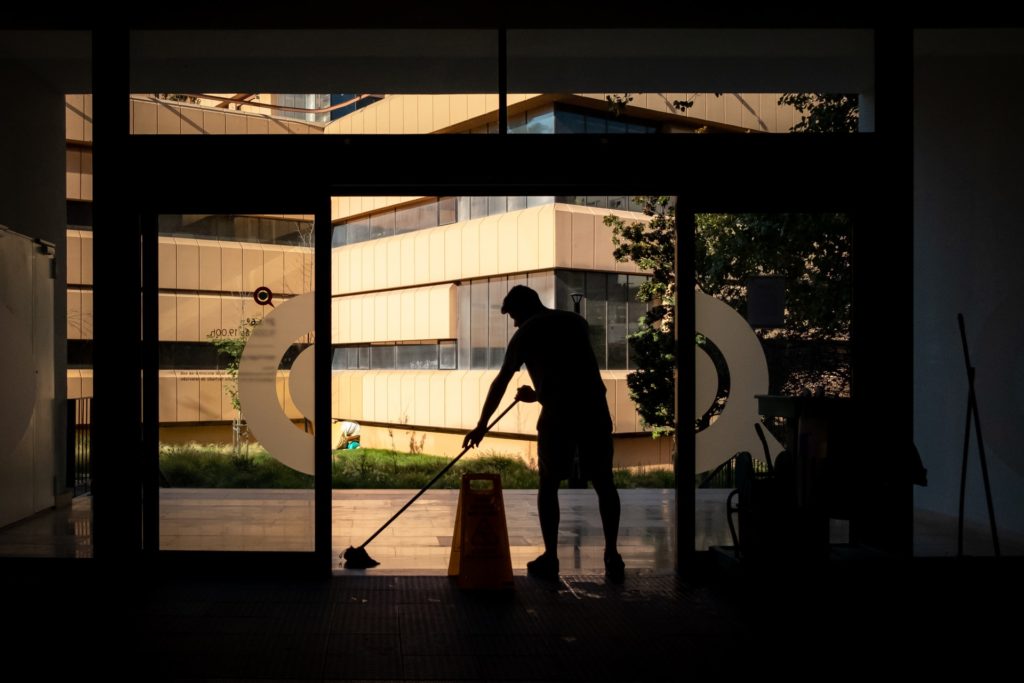Almost one in ten of the companies receiving government support during the coronavirus pandemic was on the verge of collapse when the outbreak started, and would soon have gone under without the subsidies, according to a new report from consultants Graydon.
The study looked at the simple matter of resources: essentially, the company’s assets minus its debts. With some exceptions, a company with more debt than assets is in trouble. If that company goes down, neither its creditors nor its shareholders will be able to recoup all they are owed.
There are some exceptions to the rule. For example, start-ups are expected to have negative own resources during their growth period. Similarly, if a company has long-term debt, it may still have enough liquidity to keep paying supplier and staff.
However, a company that is on the brink of collapse is obliged to report the fact, allowing shareholders to come together in the hope of working out a rescue plan.
The arrival of Covid-19 and the subsequent lockdown of many businesses, however, changed all that. At that point, companies that were floundering suddenly were able to send off staff on temporary employment, placing the wages bill on the shoulders of the government, at the same time as collecting subsidy for the fact that they were forced to close down.
These ‘zombie companies’, as Graydon describes them because they are being kept alive artificially, not only suck up government resources, they also hamper the functioning of healthy companies.
They push down prices, make staff harder to find and put a brake on innovation. They also take up resources that could be better employed elsewhere.
“This is actually a matter of fair play,” said Eric Van den Broele, director of research and development at Graydon. “Is it fair that money and corona support are frozen in companies that are mortgaging their future?”
Graydon estimates that the companies that face extinction once the subsidy tap is turned off would require an injection of €5.3 billion to pull through.
Brussels has the highest number of zombie companies with 12%, followed by Wallonia with 11% and Flanders with 8%. The companies employ 45,000 people, 9,000 of them in the hospitality sector. Other sectors involved include nursing homes, cleaning, transportation, security, retail, wellness and body care.
The government faces a dilemma. If those one in ten companies are allowed to go under when the aid goes away, the wave of bankruptcies would have a negative effect on the economy as a whole, pushing some healthy companies facing a difficult recovery over the edge.
And yet healthy companies will only face a decent recovery if the failed enterprises are removed from the business landscape.

